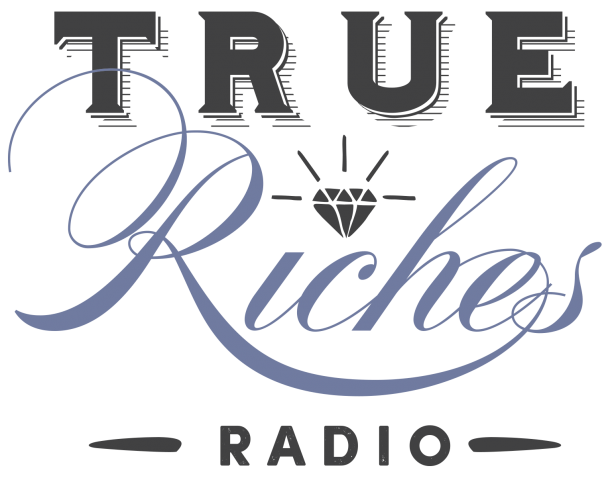by Jerry Robinson, March 2007
In 1971 a deal was struck between OPEC and the United States in which every barrel of oil purchased in the global marketplace would be bought with U.S. dollars. Any country, therefore, wanting to buy oil must have first exchanged its currency for U.S. currency. This “petrodollar” system has created an artificial demand for the dollar as global oil demand has increased.
Today several countries are moving their oil purchases into other currencies, in spite of this agreement. When OPEC officially decides to denominate oil sales in other currencies, the value of the U.S. dollar will decrease rapidly, leading to massive inflationary pressures on the U.S. economy.
The SHOCKING Truth About the U.S. Dollar: What The Media Never Told You
Read Jerry Robinson’s Full Four-Part Article Series on the Coming Collapse of the Petrodollar
Currently, the world consumes more than 80 billion barrels of oil per day. And with each barrel sold, more demand for U.S. dollars is created. This continual demand for dollars means the Federal Reserve must keep dollars in plentiful supply, meaning printed regularly. More money in circulation leads to expansion of the monetary base, and a larger monetary base typically means higher standards of living.
All this is assuming the demand for U.S. currency and for U.S. debt securities remain strong. But if the petrodollar system ever crumbled, America would be stuck with lots of extra dollars that would no longer be in demand. Those dollars would quickly return to the U.S., which would lead to massive inflation.
Today America is living proof that having the world’s most important currency translates into a higher standard of living than most nations. At one point in our history, our nation’s largest export was a variety of consumer goods. Now our largest export is the U.S. dollar…a dollar that costs us practically nothing to create. How long will it be before the nations of the world figure out the dollar fiasco is a fraud?
The petrodollar system has served Americal well. It has enriched our nation at the expense of other nations’ potential prosperity. On September 11, 2001, however, America’s relations with the Middle East would be altered forever. Six days after the attacks, President George W. Bush named Osama bin Laden as the “prime suspect” and Washington began building a case for the full-scale invasion of Iraq.
As the petrodollar system begins to break down, there will be a shift toward other stable currencies. Based on recent events, that new currency of choice for many oil-producing nations is the euro. Iran now pays most of its oil purchases in euros, with the remaining balance in yen. North Korea also uses the euro to buy its oil supplies.
On the sales side, OPEC producer Venezuela is preparing to move all its oil sales to the euro. Other OPEC countries appear to be seriously considering similar moves. This would, of course, be devastating to U.S. attempts to maintain its grip on global hegemony.
Two questions remain: (1) how realistic is it the dollar could lose its crown to the euro; and, (2) if that were to happen, how close are we to such an event?
Jerry Robinson is the President/Founder of Jerry Robinson Ministries International. You can visit his website at https://truerichesradio.com



